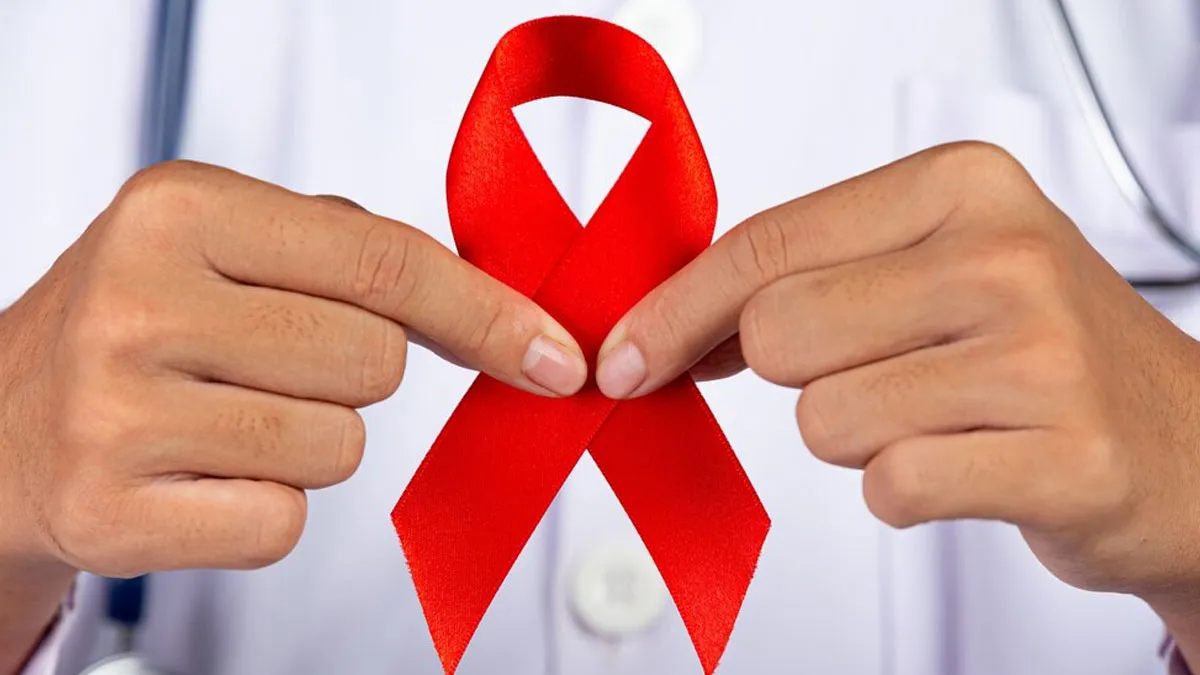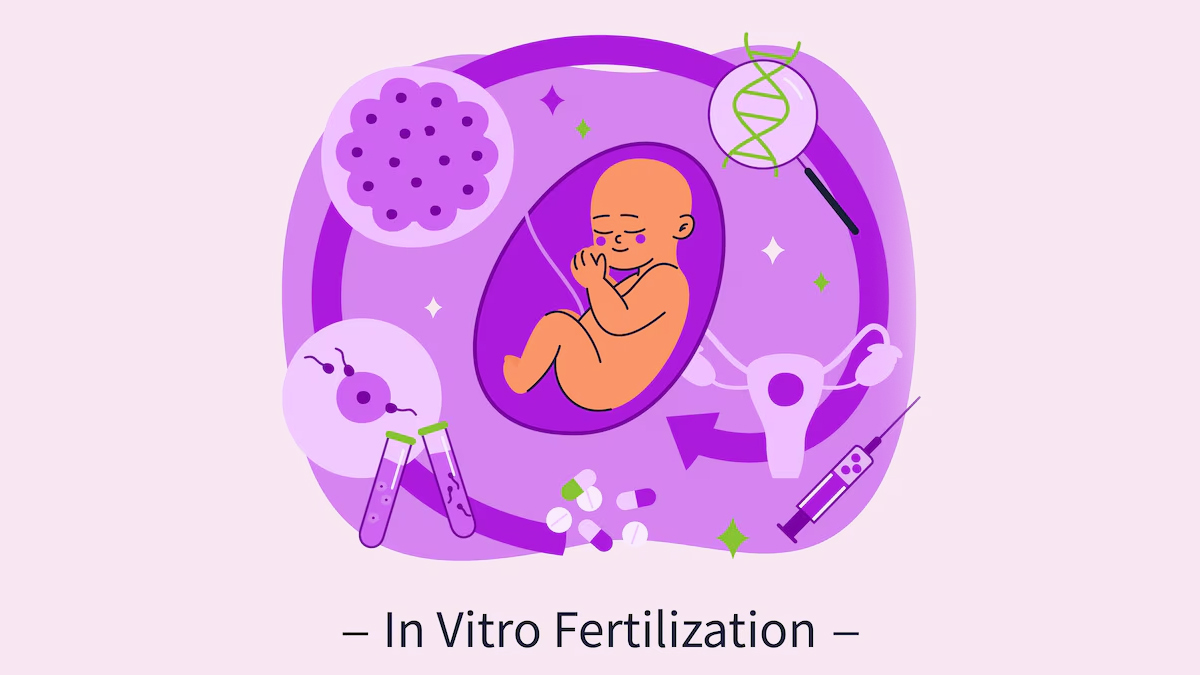
Human Immunodeficiency Virus (HIV) is a chronic infection that mainly affects the immune system, making it harder for the body to fight infections. Although HIV is most widely known for its effects on immune function, it can also cause infertility in both men and women, which greatly affects reproductive health. However, assisted reproductive technologies, specifically In-Vitro Fertilisation (IVF), have brought hope to the lives of people infected with HIV who want to experience the pleasure of parenthood. We spoke to our expert Dr Nishi Singh, Head of Fertility, PRIME IVF, who explained how HIV can contribute to infertility and how IVF can help individuals and couples overcome these obstacles, giving them a chance at parenthood.
Table of Content:-
According to the World Health Organization (WHO), HIV is a virus that weakens the body’s immune system by attacking white blood cells. As the infection advances, it may result in Acquired Immunodeficiency Syndrome (AIDS), which is the most severe stage of HIV. By compromising the immune system, HIV makes the body more vulnerable to diseases, such as tuberculosis, infections, and certain cancers.
HIV can indirectly affect fertility by causing systemic issues like immune system dysfunction, hormonal imbalances, and nutritional deficiencies. These factors can interfere with the production and function of sperm, as stated in the Centre for Infertility & Assisted Reproduction (CIFAR).
HIV Affecting Male Infertility

"In men, the virus can affect fertility in several ways. First, the virus can damage the male reproductive system, which consequently may reduce sperm count and motility, which are needed in conception," said Dr Singh.
HIV-infected males could have lower levels of testosterone, which may subsequently trigger low libido and impotency. Moreover, the persistent inflammation caused by the virus may damage the testes, where sperm are formed, thus affecting the general sperm quality.
HIV Affecting Female Fertility

"In women, HIV causes infertility through several mechanisms. It has been shown that the fertility rate for HIV-positive women is 25-40% lower compared to HIV-negative women," added Dr Singh. The virus causes damage to reproductive organs, which include the ovaries and fallopian tubes that are responsible for ovulation and fertilisation. Women living with HIV often have hormonal imbalances that affect menstrual cycles and ovulation and contribute to difficulty in conception.
Infection with HIV increases the risk of developing pelvic inflammatory disease, which can lead to scarring of the fallopian tubes. "The result of such scarring may be the blockage of the tubes, hence preventing the egg from getting into the uterus. Moreover, a woman suffering from HIV infection has a higher risk of premature ovarian failure, thereby accelerating the decline in the quality and quantity of eggs," explained Dr Singh.
Also Read: New Study Confirms Kidney Transplants Between People with HIV Are Safe and Effective
Understand How IVF Can Help

IVF is the revolution in fertility treatment in cases of infertility among couples brought on by various reasons including HIV. It refers to the process of fertilising the egg and sperm outside the human body, leading to the transfer of embryos into the female's uterus. Consequently, IVF can effectively address the fertility issues caused by HIV.
"HIV-positive men who have low sperm count or sperm motility can utilise IVF using ICSI techniques in which a single sperm cell is directly injected into the egg to make oocyte fertilisation more effective. If necessary, sperm can also be taken from the testis, and techniques like sperm washing that remove a majority of the seminal fluid that contains HIV, reduce the risk of HIV transmission to a partner or newborn," said Dr Singh.
IVF can assist HIV-positive females to achieve pregnancy in circumstances of ovulatory disorder, blocked fallopian tubes, or ovarian ablation. "The method can be integrated with egg collection, and embryos can be placed in the uterus at a later stage after fertilisation. Additionally, there is a possibility of utilising Pre-Implantation Genetic Testing (PGT) to check the presence of HIV and other genetic disorders in embryos before their being implanted in the uterus," she added.
The significant advantage of IVF for HIV-positive persons is that it utilises a surrogate or a gestational carrier when the health of the woman is endangered by some HIV-related complication. In this case, the sperm and eggs are fertilised and the embryo is placed inside a healthy surrogate, making a possible way to adopt a child.
Moreover, in women infected with HIV, ART (antiretroviral therapy) can be sustained during the period of pregnancy to minimise the transmission of the virus to the baby and ensure the safety of both mother and child.
[Disclaimer: This article contains information provided by an expert and is for informational purposes only. Hence, we advise you to consult your professional if you are dealing with any health issues to avoid complications.]
Also watch this video
How we keep this article up to date:
We work with experts and keep a close eye on the latest in health and wellness. Whenever there is a new research or helpful information, we update our articles with accurate and useful advice.
Current Version